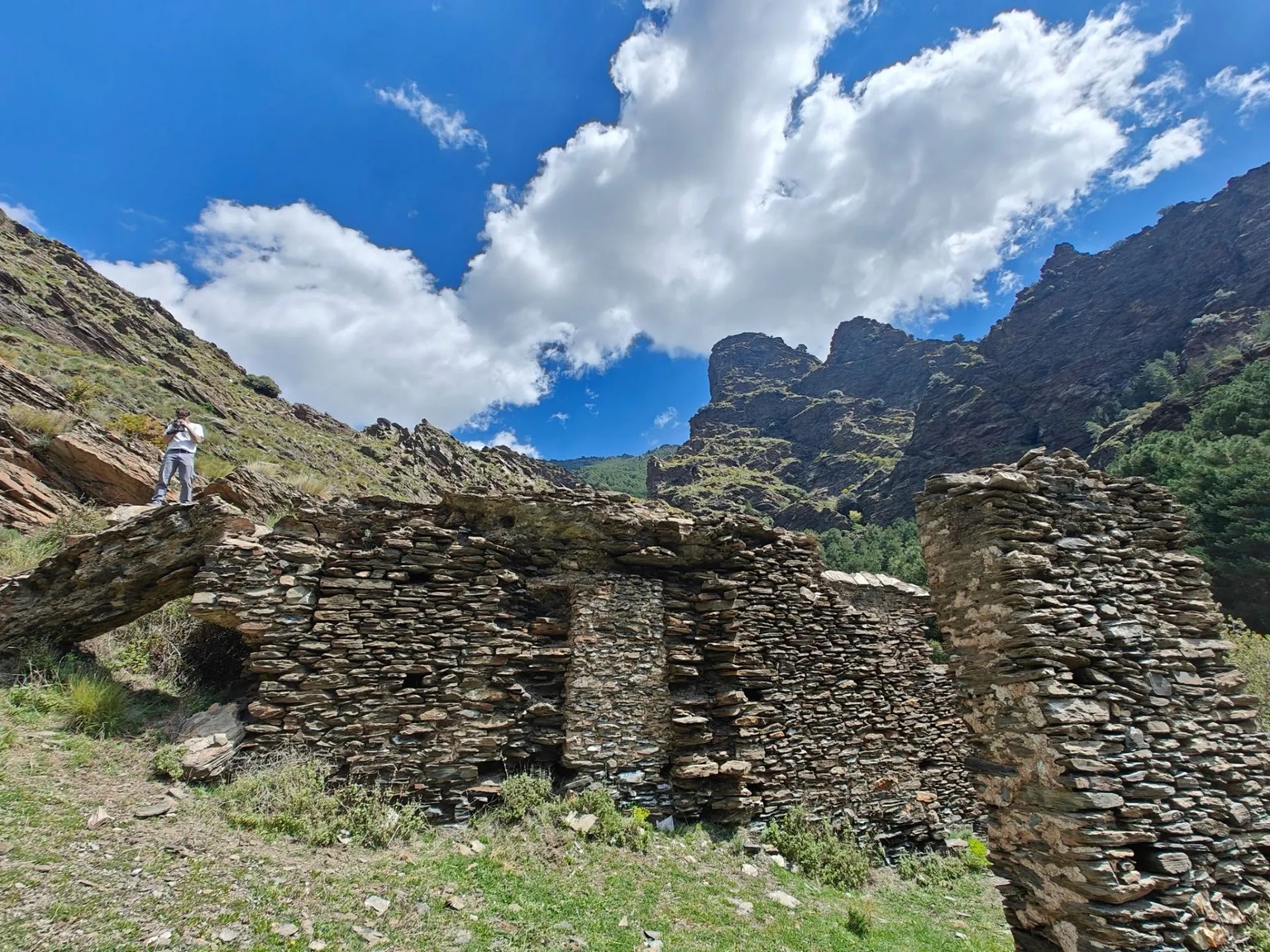A research project led by the University of Granada (UGR) has identified a 16th century Moorish military camp where Abén Aboo, the last of the Morisco chiefs, was captured during the Second Rebellion of the Alpujarras (1568–1571).
Up until 1250, the reconquest of Spain by Catholic forces had left only the Emirate of Granada as the last independent Muslim state in Western Europe. By 1492, Granada fell to Isabella I of Castile and Ferdinand II of Aragon, bringing the region under Christian rule.
The persecution of the remaining Morisco (Catholic descendants of the Mudéjares) population of the former Emirate of Granada, sparked an armed rebellion in the mountainous Alpujarra region and on the Granada Altiplano region, led by a Morisco known as Aben Humeya.
Aben Humeya was usurped and killed by his cousin, Aben-Aboo, who was proclaimed as Chief of the Moriscos under the name of Mulley Abdalla. According to legend, Aben-Aboo was pursued to Tajo del Reyecillo in Alpujarra, where he was captured by his own men and handed over to Castilian troops to end the conflict.
A recent study by the University of Granada has discovered a Moorish military camp at Tajo del Reyecillo, identified by a 30-metre-long masonry barricade and 16th-century pottery deposits.
According to UGR archaeologist, Blas Ramos: “The dispersion of the pottery indicates that the rebels occupied various shelters spread throughout the cliff, many of which could cover each other, so it was very well defended. In addition, it had good communication possibilities towards the mountain range.”
“Thanks to the written documents we know that this camp was used by the last leader of the rebellion, Abén Aboo, who was handed over to the Castilian troops by his own coreligionists to end the war,” added Ramos.
Header Image Credit : UGR
Sources : University of Granada





